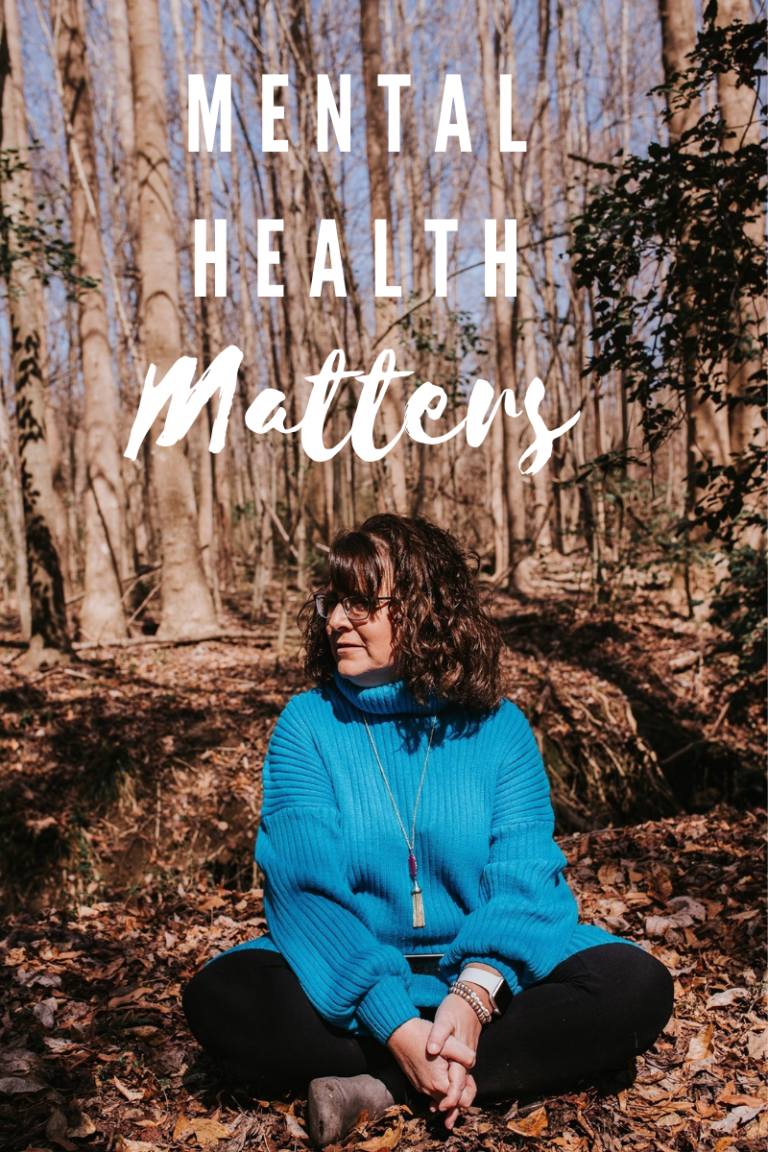8 Tips for New Deer Hunters
Deer hunting is a tradition that goes back generations, combining skill, patience, and respect for nature into a single activity. For new hunters, stepping into the world of deer hunting can be both exciting and a bit daunting. In this article, we’ll explore eight essential tips for those new to deer hunting, designed to help you get started on the right foot.

Understand Local Hunting Regulations
Before you even think about heading out into the woods, it’s crucial to have a solid understanding of the hunting regulations in your area. Hunting laws are there to ensure that wildlife populations remain healthy and that hunters can enjoy their pursuit safely and responsibly. These regulations can vary significantly from one place to another, covering everything from which seasons you can hunt to what types of weapons you can use and even when during the day you’re allowed to hunt.
The best way to get this information is by contacting your local wildlife agency or checking their website. They provide all the necessary details about hunting licenses, season dates, bag limits, and any specific rules you need to follow.
Essential Gear and Equipment
When you’re starting with deer hunting, having the right gear is half the battle. At a minimum, you’ll need a reliable weapon suited to deer hunting — whether that’s a rifle, shotgun, or bow — and the appropriate ammunition or arrows. Besides your weapon of choice, invest in good-quality camouflage to help you blend into your surroundings. Deer are incredibly observant and can easily spot an out-of-place figure in their habitat.
Safety equipment is also non-negotiable. This includes items like a blaze orange vest and hat, which make you visible to other hunters while not alarming deer, and a first-aid kit for any minor injuries. Given the challenges and unpredictability of hunting, considering guided deer hunts can also be a smart choice for beginners. These provide you with the knowledge of experienced hunters who can teach you about tracking, stalking, and ethically harvesting deer, all while ensuring your safety.
Deer Habitat and Behavior
To hunt deer effectively, you need to understand where they live and how they behave. Deer typically inhabit areas with dense vegetation where they can feed and rest. They tend to be most active during dawn and dusk. This is when they forage for food, making it an ideal time for hunting.
Begin exploring potential hunting grounds long before the hunting season kicks off. Look for signs of deer activity, such as tracks, droppings, and bedding areas. Learning to recognize these signs will help you find good spots to hunt when the season arrives. Additionally, understand that deer patterns can change with the seasons. For example, during the rut (mating season), bucks are more likely to be moving about during the day.
Scent Control and Stealth
One thing you’ll learn quickly is that deer have an incredibly keen sense of smell. They can detect human scent from a long way off, making scent control a critical aspect of hunting. Before heading out, make sure to wash your clothes in a scent-free detergent and avoid using any strong-smelling products like certain soaps or perfumes. Some hunters even use special sprays to mask their scent further.
Deer are always on high alert for predators, and the slightest sound can send them running. Practice moving slowly and deliberately, stepping carefully to avoid snapping twigs or rustling leaves. It’s also wise to keep the wind in your face as much as possible. This way, your scent is carried away from the deer rather than towards them.
Safe and Ethical Shooting Practices
Ethics also play a huge role in hunting. The goal should always be to make a clean, humane kill that doesn’t cause unnecessary suffering to the animal. This requires practice. Spend plenty of time at the shooting range, and if you’re using a bow, make sure to practice from various distances and angles. The more prepared you are, the more likely you are to make a shot that quickly and efficiently takes down your target.
Tracking and Field Dressing
After you’ve made your shot, the work isn’t over. If the deer doesn’t fall immediately, you’ll need to track it. This can be challenging, especially for beginners, but it’s a crucial skill. Pay attention to the direction the deer ran, look for blood trails, and move quietly as you follow the signs. Patience is key here. Sometimes, it can take several hours to find a deer.
Once you’ve located your deer, it’s time for field dressing. This is the process of removing the internal organs to prevent the meat from spoiling. It can be a bit unsettling the first time you do it, but it’s an essential part of hunting. There are plenty of resources, including online tutorials and books, that can guide you through this process step-by-step. Remember to wear gloves and take your time.
Respect for Nature and Wildlife
Hunting is about more than just capturing an animal; it’s about connecting with nature and understanding your place within it. Always show the utmost respect for the wildlife and the environment you’re in. This means following the principle of “leave no trace” — whatever you bring into the woods, make sure you take it back out with you. Littering is not only disrespectful, it can also be harmful to wildlife.
Furthermore, consider the broader impact of your actions on the ecosystem. Responsible deer hunters play an important role in wildlife management and conservation. By adhering to regulations and ethical practices, you’re helping to ensure that deer populations remain healthy and sustainable for generations to come.
Joining a Hunting Community
Hunting is an activity that thrives on shared knowledge and experiences. Joining a local hunting club or online community can be incredibly beneficial. Not only will you learn from the experiences of others, but you’ll also have the opportunity to share your own insights and stories. Many deer hunters find lifelong friends in these communities, people who share their passion and respect for the sport.
These groups can also be a great resource for finding mentors, discovering new hunting spots, and staying updated on changes in regulations or conservation efforts. Remember, hunting is a tradition that’s passed down through generations, and being part of a community helps keep that tradition alive.
Wrapping Up
Starting your journey as a deer hunter is an exciting adventure. It’s a path that requires patience, practice, and respect for nature. By understanding local laws, investing in the right equipment, mastering stealth, and scent control, practicing safe and ethical shooting, learning to track and field dress, respecting wildlife, and joining a hunting community, you’re setting yourself up for success.






